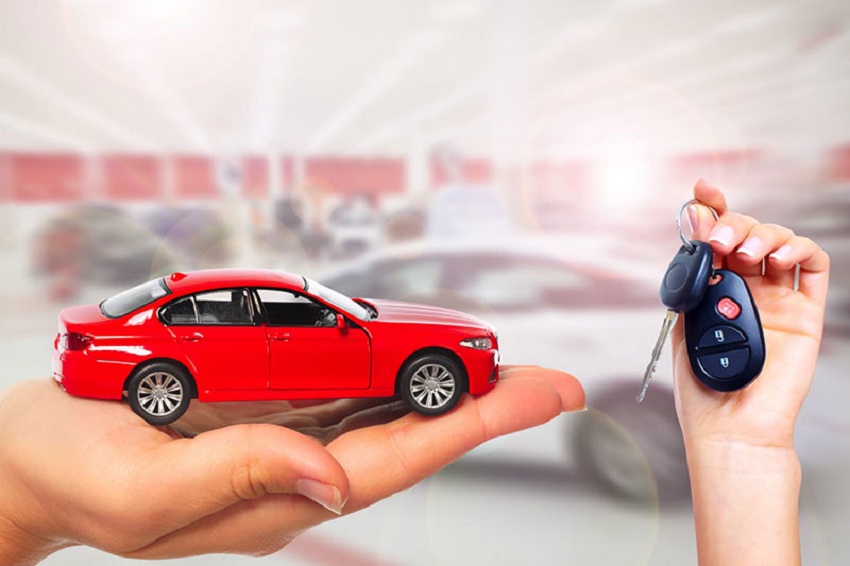When it comes to home ownership, there are many terms and concepts that you’ll need to understand in order to ensure a positive experience.
By understanding the differences between a mortgage and hypothecation, you can more comprehensively evaluate your financial situation and obligations. This can help you make good decisions with regard to your properties and your debts.
So what is a mortgage, and what is hypothecation? Here’s everything you need to know to tell the difference between the two.
What is a mortgage?
A mortgage is a charge against immovable properties. This may include land or a building, such as a home or warehouse. A mortgage applies to something that is fixed in place and is controlled by a mortgage deed.
Generally, mortgages involve a higher loan amount, which often means that the loan term is longer too. With a mortgage, the transfer of title usually passes on to the lender.
What is hypothecation?
Hypothecation is a charge against movable property. This could include cars, stocks, or accounts receivable. Hypothecation is not fixed to a single location. It is documented by an agreement of hypothecation.
In most cases, hypothecation involves a lower-value loan and, as a result, a shorter loan term. The transfer of title does not pass to the lender with hypothecation.
The key differences
There are a few key differences that distinguish a mortgage from hypothecation.
Most importantly, mortgages are for immovable properties, like a house, while hypothecation serves immovable properties, such as a vehicle. In both cases, ownership typically remains with the borrower, but this isn’t always the case for a mortgage.
The kinds of properties covered by these different charge types also makes an impact. Mortgages apply to large purchases, like a home, which means that the loan amount is often much higher, while hypothecation usually applies to cheaper goods, resulting in a lower loan amount.
Both a mortgage and hypothecation can serve a helpful purpose.
With a mortgage, borrowers can use immovable property as collateral, meaning that they can borrow a larger sum of money in support of purchase. With hypothecation, borrowers can obtain a bank loan using movable assets as collateral.
Other things to keep in mind
When choosing which borrowing pathway is right for you, it’s important to consider what your goals are, including what kind of property you want to purchase.
If you are in the market for a house, hypothecation won’t work for you. You’ll need a mortgage that can cover a larger loan amount and apply to immovable property.
If you’re thinking about buying a new car or investing in the stock market, you can choose the hypothecation pathway to fund this.
Remember, there are always risks involved when you borrow money. With a mortgage, you’ll have higher minimum repayments, and if you default, you could lose your home. With hypothecation, you’ll be paying back a lower loan at a lower interest rate, making the process less risky and more flexible.
Need help navigating the details of your mortgage with confidence? Talk to the team at Our Top 10, the best mortgage broker Melbourne has to offer.
You may also like
-
Can an Instant Personal Loan Help Bridge Your Home Loan Shortfall?
-
How a ₹1 Lakh Loan Can Help You Cover Emergency Expenses
-
How Digital Banking Software with LOS Can Streamline Loan Approvals
-
5 Expert Tips for Obtaining a Personal Loan in India!
-
What is Loan Against Property EMI Calculator & How Does it Work?

